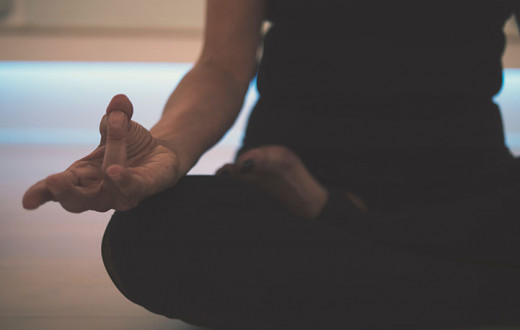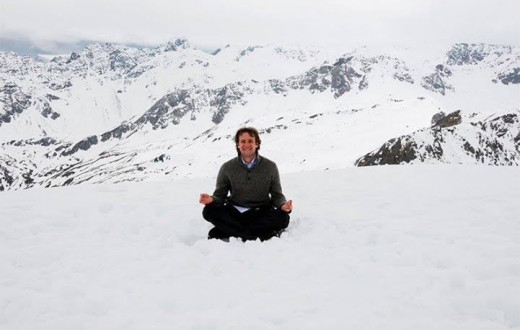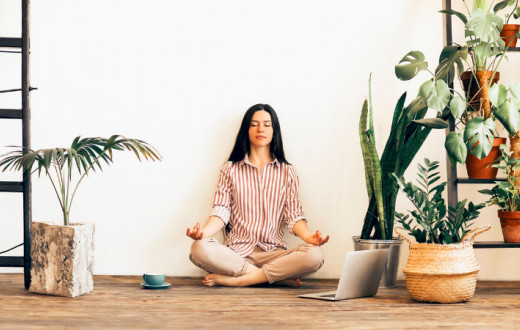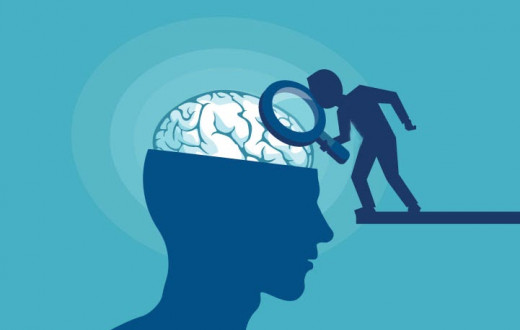
Topics covered:
- What is restless sleep?
- What causes restless sleep?
- 5 Methods of managing restless sleep
- Learn how to treat restless sleep with The Art of Living
What is restless sleep?
Did you know that approximately 33% of adults in America aren’t getting enough sleep? Even if you do your best to get at least seven hours of sleep every night, you may end up feeling tired the next morning if you experience restless sleep disorder (RSD).
Unfortunately, restless sleep affects many people, and if you have it you may toss and turn, feel only half-asleep, or stir because your mind is racing. These difficulties can lead to frustration, especially if you keep waking up at night.
Of course, if you aren’t sleeping soundly at night, you will likely experience excessive daytime sleepiness, making it difficult for you to think clearly or feel motivated. Thus, the consequences of restless sleep can flow over into all aspects of your job, including your health, wellness, job performance, and personal life.
Thankfully, there are some steps you can take to improve the quality of your sleep naturally. In this article, we’ll review some of the causes of restless sleep so you can get to the root of the problem. Then, we’ll share five suggestions so you can start improving the quality of your sleep today!
What causes restless sleep?

There are numerous reasons that someone may experience restless sleep, including health issues. For example, people with chronic pain, lung conditions, or heart disease may experience restless sleep due to discomfort. Frequent urination can also cause you to wake up often, interrupting your sleep cycle.
Sometimes, restlessness is related to underlying sleep problems, such as restless leg syndrome (RLS), insomnia, narcolepsy, obstructive sleep apnea (OSA), or parasomnias. Therefore, it’s a good idea to visit a healthcare provider. They may refer you to a sleep specialist or perform a sleep study to determine whether your sleep issues are symptoms of a medical condition.
Depression, anxiety, stress, and mental health conditions can also lead to restless sleep. Often the negative or racing thoughts one experiences when stressed or anxious prevent them from falling or staying asleep.
Other causes of restless sleep have to do with poor sleep hygiene, such as consuming caffeine, nicotine, or alcohol too close to bedtime. Although alcohol may make you drowsy, it can disrupt your natural sleep cycle, making you feel less rested upon waking. Moreover, having an inconsistent sleep schedule, eating too close to bedtime, or the blue light from your electronic devices can all make it harder to wind down and fall asleep.
Whether the temperature is too high or low, your mattress doesn’t suit your body type, or there’s too much noise or light, a sleeping environment that’s not comfortable and conducive to sleep can also prevent you from getting proper rest.
5 Methods of managing restless sleep
No matter the reason for your poor sleep quality, practicing good sleep hygiene can help. This involves creating habits that are conducive to sleeping well and practicing them daily. Here are five ideas for improving your sleep habits!
Create a sleep schedule

Experts recommend keeping the same sleep time every day, a practice that reinforces your circadian rhythm. When you get used to going to bed at a certain time, it will be easier to go to bed early and you’ll be less likely to stay up late watching TV or browsing the internet.
One way to signal to your brain that bedtime is approaching is creating a routine before you head to bed. Your bedtime routine may include showering or taking a warm bath, practicing a skincare routine, reading a book, or drinking a cup of herbal tea.
If you want to be consistent with your sleep schedule, you’ll also have to avoid napping in the afternoon since naps may prevent you from feeling tired at night. Using electronic devices before bed can also prevent your brain from releasing melatonin, a hormone important for regulating the sleep-wake cycle. So, if you plan on reading, use a printed copy of your favorite book instead of an electronic device.
Incorporate exercise

Exercise is a great way to improve your mood and decrease stress, making it an excellent practice if you want better sleep health. But, did you know that a moderate amount of daily aerobic exercise can promote deep sleep?
You don’t have to overdo it either — 20 or 30 minutes of cardio is enough to help you avoid restless sleep and improve sleep patterns. The trick is to avoid exercising too close to bedtime since the endorphins released when you exercise may make you alert, preventing you from falling asleep for a couple of hours.
Monitor caffeine intake

If you have been dealing with sleep deprivation due to restless sleep, it’s only natural that you look for ways to stay awake and function during the day. Although caffeine can prevent you from falling asleep at work, drinking it too late in the day can lead to another night of restless sleep, creating a never-ending cycle. So instead of using caffeine as a short-term solution, it’s best to let yourself get tired during the day so you’re more likely to fall asleep at bedtime.
That doesn’t mean you have to give up caffeinated beverages and supplements altogether — just avoid them in the afternoon.
Create a peaceful space

Ideally, your sleep environment should be dark, quiet, and cool. Some people prefer white noise, such as a fan or a noise machine, just make sure it’s not so loud that it becomes a sleep disruption.
Your mattress also plays an important role in your sleep quality, and owning the wrong type for your body or preferences is one of the common causes of tossing and turning. Splurging for a new one that you find comfortable along with cozy bedding and a quality pillow can improve your sleep environment tenfold.
Eliminate anything that could cause sleep disturbances, such as electronic devices or distractions. If your pets are noisy or wake you up frequently, you may want to crate them or close your door at night.
Practice regular meditation

Among the relaxing activities that you can do before bed, such as reading and stretching, meditation is one of the most effective. A solid meditation practice helps you unwind and let go of stress. It also has long-term effects that carry over into your daily life, such as a more mindful state and decreased anxiety throughout the day. In a study, meditation was shown to reduce clinical anxiety even by roughly 41% and lower a person’s cortisol (a stress hormone) level by up to 56%—meaning a person is likely to experience significantly less stress and anxiety with regular meditation practice.
Meditations that focus on deep breathing are some of the best for relaxation before bed because they are so effortless once you learn the techniques. However, there are also guided sleep meditations you can try if you prefer to follow along with an instructor. Either way, meditation is a great practice to enhance your quality of sleep.
And meditation can even help you feel more rested throughout the day as you work on combating restless sleep at night. It’s said that 20-30 minutes of meditation can relax your body in a similar way as getting four hours of sleep. However, it’s important to note that while meditation can help you feel relaxed and rested, it is not a replacement for sleep. Instead, it can supplement the rest you receive at night.
Learn how to treat restless sleep with The Art of Living
With these tips for a good night’s sleep, get ready to feel well-rested in the morning, and watch your quality of life improve! At Art of Living, we understand the important role healthy sleep has in your overall well-being, which is why we want to help you achieve more restful sleep.
SKY Breath Meditation, an evidence-based practice, has helped people all over the world get more restful sleep. In fact, those who participate in SKY Breath Meditation spend triple the amount of time in deep sleep than those who don’t. If you’d like to try it for yourself, register for our live course that can teach you the techniques you need to get started!































